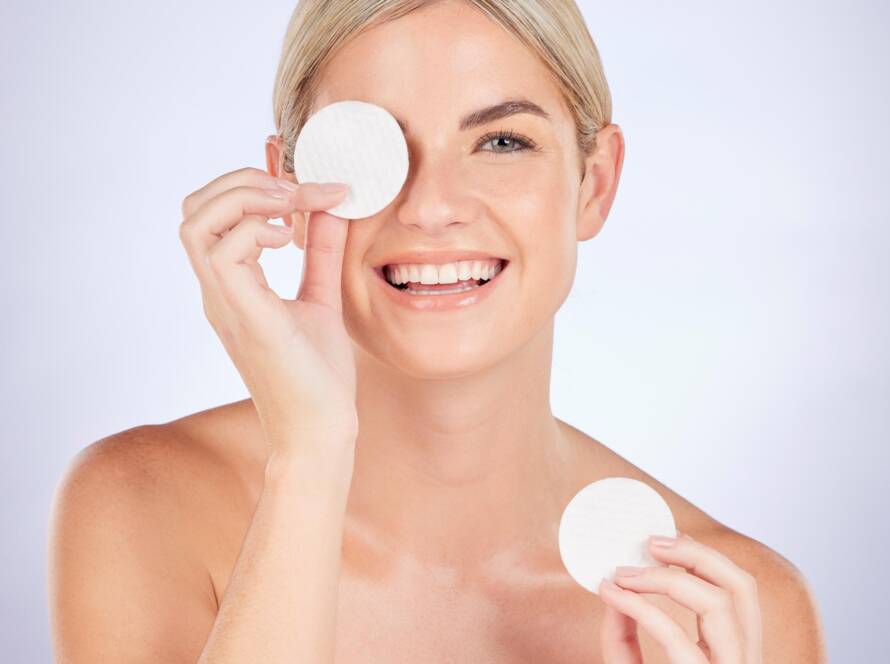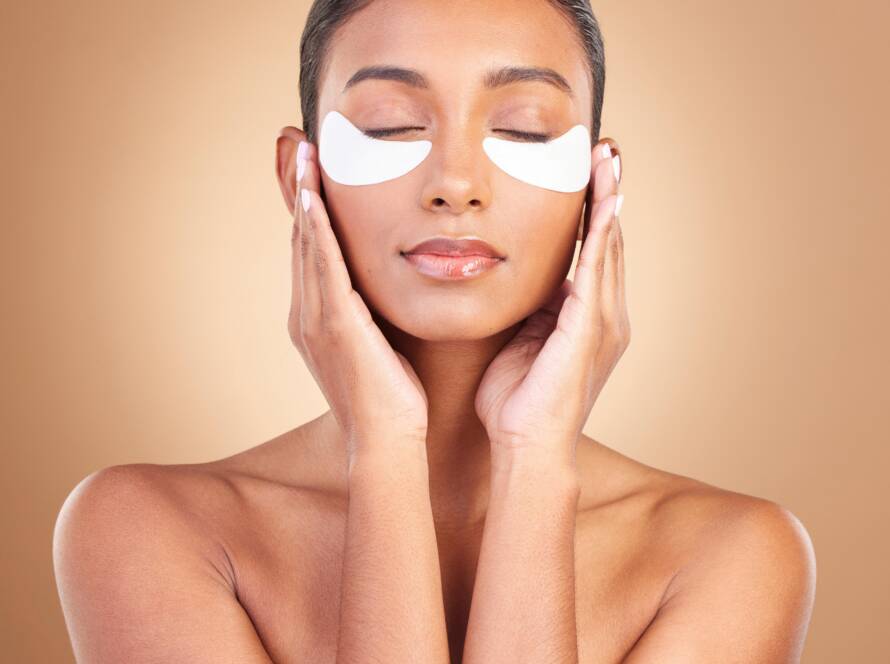How does inflammation contribute to the way our skin ages?
When it comes to skincare, inflammation is a widely discussed topic. Inflammation plays a major role in our body, our skin, and how we age. Inflammation appears as redness, rosacea, pigmentation, and more on the skin’s surface. Ongoing inflammation has an impact on skin health and is a major driver of skin aging. However studies have given more insights into the causes of inflammation in the body and how it impacts skin aging.
How does Inflammation Occur in the Body?
We know that inflammation is a response to the defense mechanism of the body. The human body will have some level of inflammation, especially when we go through stressful times. The inflammatory cells get activated when the body activates the immune system.
To put it another way, when the body encounters a foreign agent such as viruses, bacteria, toxic chemicals, or an injury, the immune system gets activated. As part of the healing process, the immune system sends inflammatory cells as first responders. It recognizes and eliminates harmful and foreign stimuli. Thus, inflammation is a positive response of the body to promote healing. However, if the body continuously produces inflammatory cells, it gets into a pro-inflammatory state.
Acute inflammation is a response to sudden body damage such as a cut or an injury. These inflammatory cells are part of the body’s healing process. If the body continues to send inflammatory cells even when there is no body damage, it leads to chronic inflammation. This is heavily related to aging, which is often referred to as inflammaging.
What is Inflammaging?
Inflammaging is a complex phenomenon which relates to the aging process. A low-grade, chronic inflammation that makes us age prematurely and rapidly is referred to by the term inflammaging. There is no single reason that causes inflammaging but a series of factors contribute to it.
Research studies show there are multiple reasons which lead to inflammaging which include stress, anxiety, chronic infections, too much UV exposure, poor lifestyle choices, poor diet, exposure to environmental toxins and lack of exercise.
How does Inflammation Affect the Skin?
Inflammation is not always bad because it promotes the healing process of the body but it is important to understand how inflammation affects the skin. Acute inflammation often shows up as acne, sunburns, hives, blisters, etc. We may experience acute skin inflammation for a few hours to a few weeks. Generally, acute inflammation settles down within a few weeks.
The signs of chronic low-grade inflammation include redness, sensitivity, acne, and rosacea. The intensity of the signs of chronic inflammation differs depending on the cause of the injury and the body’s ability to repair the damage. With aging, we become more susceptible to the free radical damage caused by chronic inflammation. However, the ability of the body to overcome the damage of chronic inflammation differs from one individual to another.
Generally, skincare procedures such as lasers, peels, retinoids, and microneedling cause acute inflammation. These kinds of procedures activate a short inflammatory response as they slightly damage the skin. Most skincare procedures aim at inciting a normal inflammatory process, which further stimulates the production of collagen production. When done under the guidance of a professional, these properly guided procedures can help you achieve your skincare goals.
Tips for Following an Anti-Inflammaging Routine
If you are worried about the impact of chronic inflammation on your body, here is the good news. It is quite possible to reduce existing inflammation and delay the impact of it by following an anti-inflammaging routine. Here are a few factors to include in your anti-inflammaging routine on a daily, weekly, or monthly basis.
- Switch to Healthy Bites: What you eat plays a major part in your skincare regime. Make sure you include anti-inflammatory foods in your diet to reduce the impact of chronic inflammation. For anti-inflammaging benefits, you should eat only organic and more vegetables and fruits, nuts and seeds for healthy fats, and sprouts and microgreens daily.
- Regular Exercise: Regular exercise helps in reducing body fat, maintaining healthy body weight, and preventing chronic inflammation.
- Stress Relief: Relaxation is another critical factor for an anti-inflammaging routine. You can practice relaxation techniques such as yoga, meditation, or other therapeutic methods for stress relief.
- Avoid Environmental Toxins: Smoking, air pollution, products containing harmful chemicals, etc. increase your exposure to environmental toxins. You can choose products in your day-to-day life like clothing, beauty and skincare products, etc. consciously to remove these toxins from your regime which cause skin damage.
- Dental Health: Make sure you brush and floss your teeth daily to fight inflammation.
Ideally ‘No-Harm Skincare’ so when you choose skincare products, make sure they do not contain harmful ingredients.
The Bottom Line
Though inflammaging is a complex process due to multiple factors, there are lifestyle changes that help to reduce the risk of it. By following an anti-inflammaging lifestyle, you can aim for healthy aging and keep your skin youthful and ever-glowing.
I provide facials in Miami and the Doral area of Miami, and skin care procedures including Scarlett SRF Microneedling in Miami with beautiful esthetician rooms in the Doral, and Miami for your convenience. My approach to skin care and beauty is to provide you with the safest, organic, gentle facial treatment services, facial procedures and skin care facial products and professional skin care advice you need in the Doral or in Miami as a Facial Specialist.



